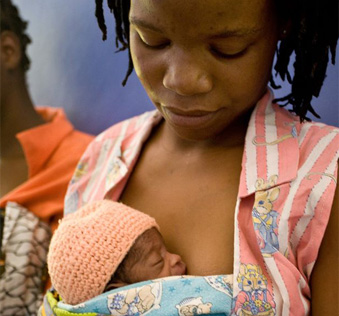
While half of babies born at 24 weeks survive in high-income countries, babies born as late as 32 weeks often have only a 50% chance of survival in the developing world. In rural areas, health centers often lack access to the basic supplies and medications that would give premature babies a chance at life.
In the United States, preterm birth affects nearly 500,000 (1 out of 8) babies each year. The Centers for Disease Control and Prevention (CDC) estimates that premature births cost the US healthcare system $26 billion annually. Some states, particularly those in the South, have preterm birth rates that exceed many developing countries.
India has the largest number of preterm births in the world, with an estimated 3.5 million babies born early each year. Nearly 300,000 of these babies die each year due to complications.

